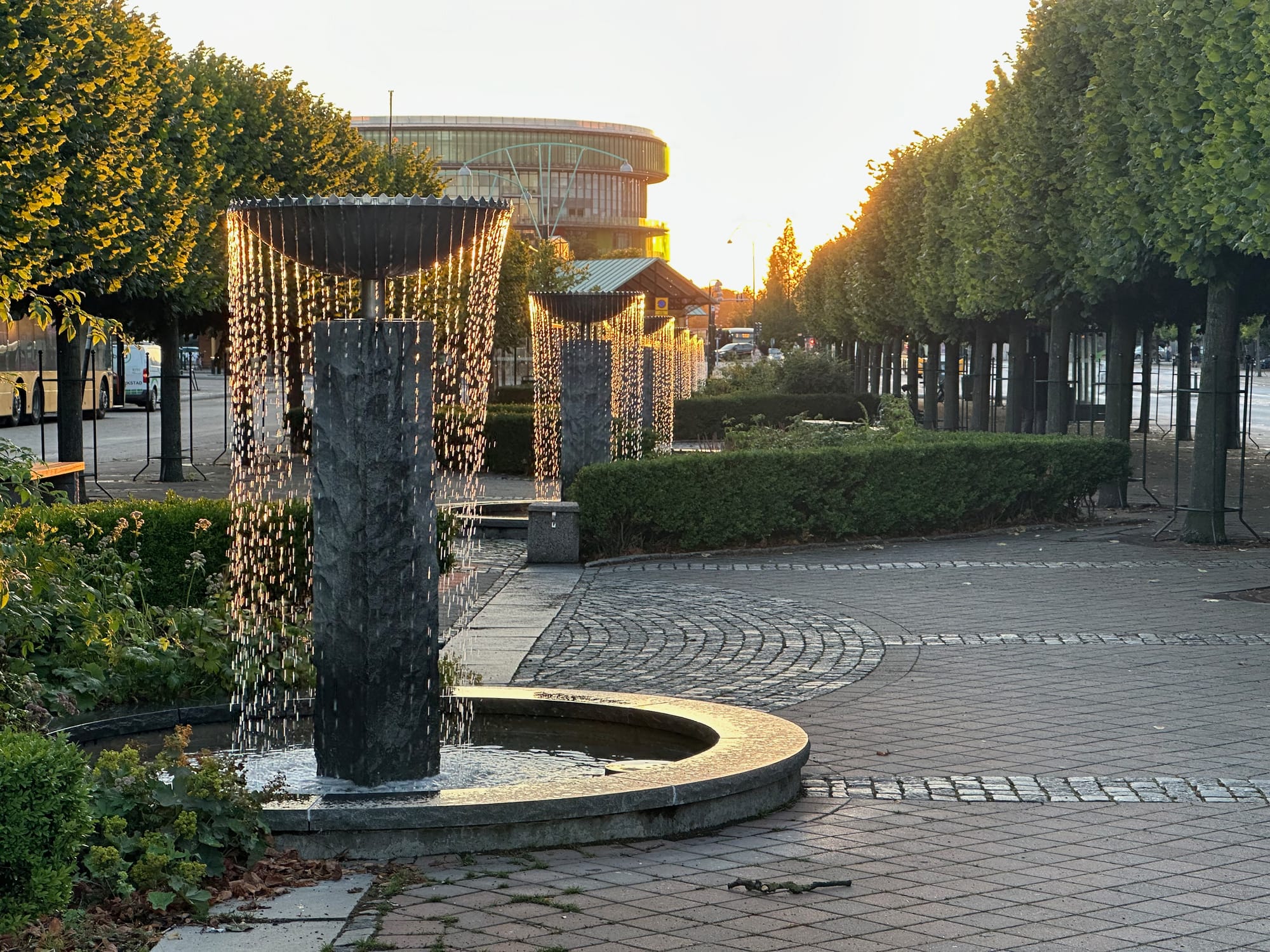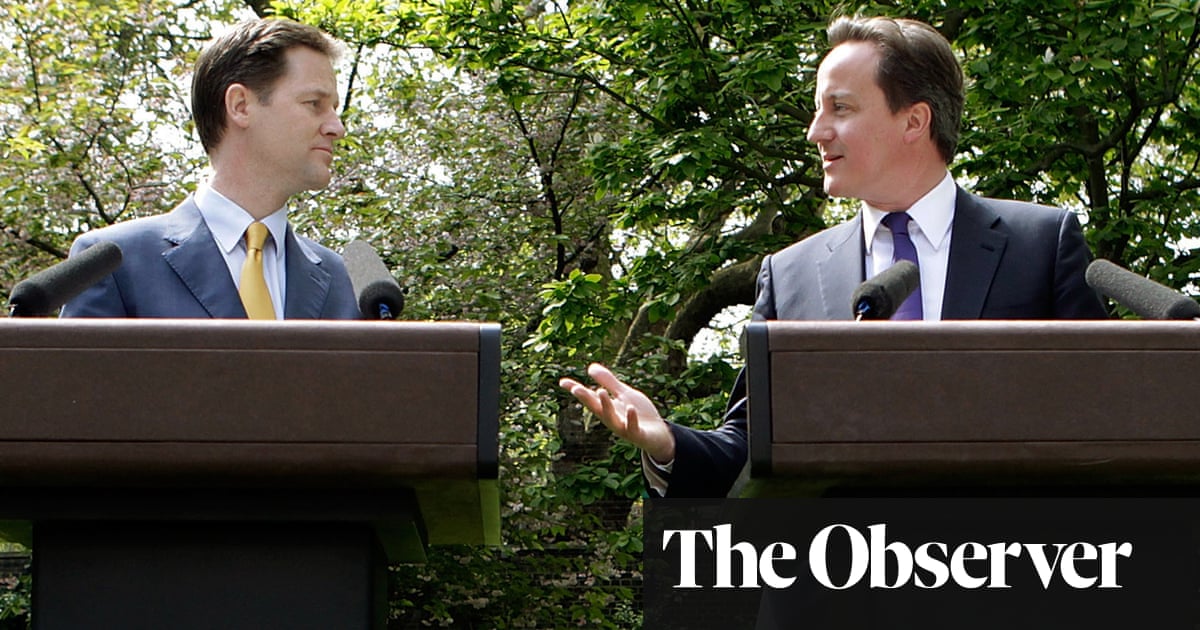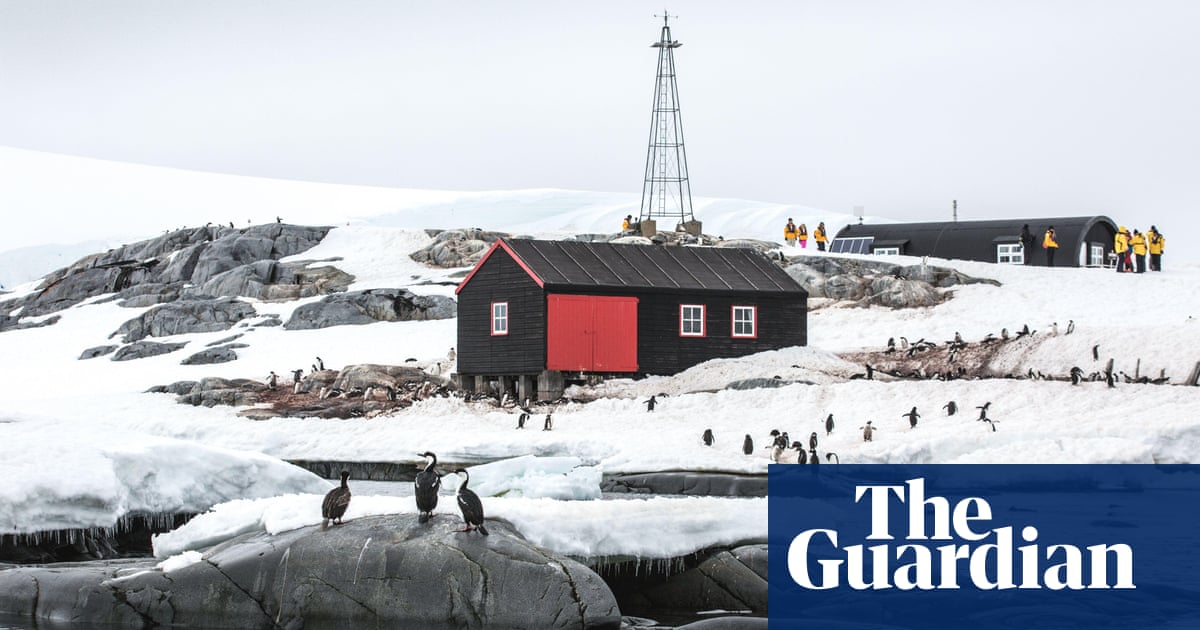Monthnotes: July 2024

Every month or so, I share a quick digest of what I've been working on and reading. Here's the latest. More in the series here.
I'm on holiday! I promised myself this year that I'd take a full month off work in July, Swedish-style, and I've more or less been able to keep to that. It was eroded at the start by speaking at Asteroid Day in Luxembourg, at DIS2024 in Copenhagen, and by a trip to Gothenburg to see friends, but now I'm back in Malmö and in full holiday mode, at least for a couple more weeks. As such, I'll try to keep this newsletter relatively short.
One of the side benefits of speaking at DIS2024 is that I'm now a published researcher. Look! Here's my open-access paper. I even got an OrcID and everything (proving to the doubters that I am in fact a real orc).

The paper is the academic version of the Open Sonifications Manifesto that I've been working on, alongside Jordan Wirfs-Brock and Jamie Perera, for most of the year to date. It's basically a call for sonification to be less focused on coding and synths and music theory and psychoacoustics, and more around people expressing how they feel about data in sound.
We made it as a "pictorial", as opposed to a standard academic paper, which means there are lots of little doodles all over the place and it's more like a zine than anything. Honestly, it's pretty readable, by academic standards. Go have a look - you can get a PDF from the official site or from opensonifications.net (which also hosts a summary of the manifesto and an audio version).

In other sonification news, about a month ago I did an interview with the lovely Two Round Robins Youtube channel and it was just released. We covered sonification, environmental activism, what artists can do about climate change, taking inspiration from nature, and lots of other stuff too. It's about 80 minutes long, so watch it on a higher speed setting if you're time-pressed. Or treat it like a podcast and listen while you're walking. Or both!
My post-rock sonification of the Carrington Event, which I've been going on about for months, is recorded and almost ready for release. I thought it would be out in time for this newsletter, but there's been a delay in the mastering process and we're vaguely investigating the idea of approaching labels with it, so it might take a little more time.
In the meantime, I wanted to give a shout-out to the most indispensable, multi-functional bit of kit in my musical toolbox - my Monome Norns. I could not have done my Carrington Event performance without Norns. In the piece, Norns plays the role of data analyst, extra pair of hands, teleprompter, producer and TV screen.
As a data analyst Norns crunches numbers. I feed it data, and it converts those data numbers into numbers that are more meaningful for me - mostly control voltages. It does this through a script that I wrote in simple Lua code.
As an extra pair of hands it sends those voltages through the Crow Eurorack module to manipulate parameters on my very complicated modular synthesiser. I’m playing guitar, so I don’t have the time to crouch down and continuously adjust knobs to match the data. Norns does that for me.
As a teleprompter, Norns helps me navigate where I am in what is essentially a 17 minute piece of music. I could do this by putting a stopwatch on the stage and writing a list of times next to it for when I need to do things. But it’s much easier for me to code Norns to tell me when to shift key because something new is happening.
As a producer Norns stage-manages my show. It manages the information I need in any given moment, hiding away complexity that I don’t need. It allows my off-stage past selves to be in control of what’s happening, so my on-stage self can be "lost in the moment" (i.e. collapsed on the floor shredding my guitar) with total trust.
Finally, as a TV screen Norns allows audiences a glimpse into what’s going on in the data. During the performance my Grid shows a visualisation of storm levels. The same information that’s on my teleprompter, but simplified. This is for the audiences to look at, allowing them to anticipate when the storm’s peak is coming, just like a good rollercoaster pauses at the peak for a moment before careening down the track.
Norns is wonderful, and in all of this I've barely scratched the surface of its capabilities, let alone talked about the incredible community that sustains it. If you have weird creative ideas involving music, it's the best friend you can have.
Now we're a couple of weeks beyond the UK election, it's worth casting your eyes back to exactly what the country is now rid of. This summary from the Observer's Tim Adams does a good job of rounding things up. Brits will find things they'd forgotten about (remember newly-elected MP Aiden Burley's comments on the 2012 Olympics?), non-Brits will discover things they perhaps never knew (how Liz Truss humiliated fellow Conservative MP Rory Stewart on day one of his ministerial job).

However you feel about Starmer's Labour party (I'm lukewarm at best, though impressed by the first couple of weeks), it's a huge relief to see someone else finally in charge.
Not here for the politics? No problem. Rat Cruise is a lovely newsletter from an illustrator who got invited to be the artist in residence on a research vessel in Alaska. It kicked off less than a week ago with this post, so it's easy to get caught up to the present before subscribing. I'm loving it so far.

Finally, I'll leave you this week with a list compiled by a linguist of "unique colloquialisms" that visitors to Antarctica have developed in the various scientific bases on the southern continent.
“Nose wipers” refer to the large protective gloves used in extreme weather conditions, while being “tray’d” refers to the last person to put their dish in the dishwasher after a meal and who now must empty it.

Here's the Guardian coverage, and here's the original thesis.
See you in August.
- Duncan




